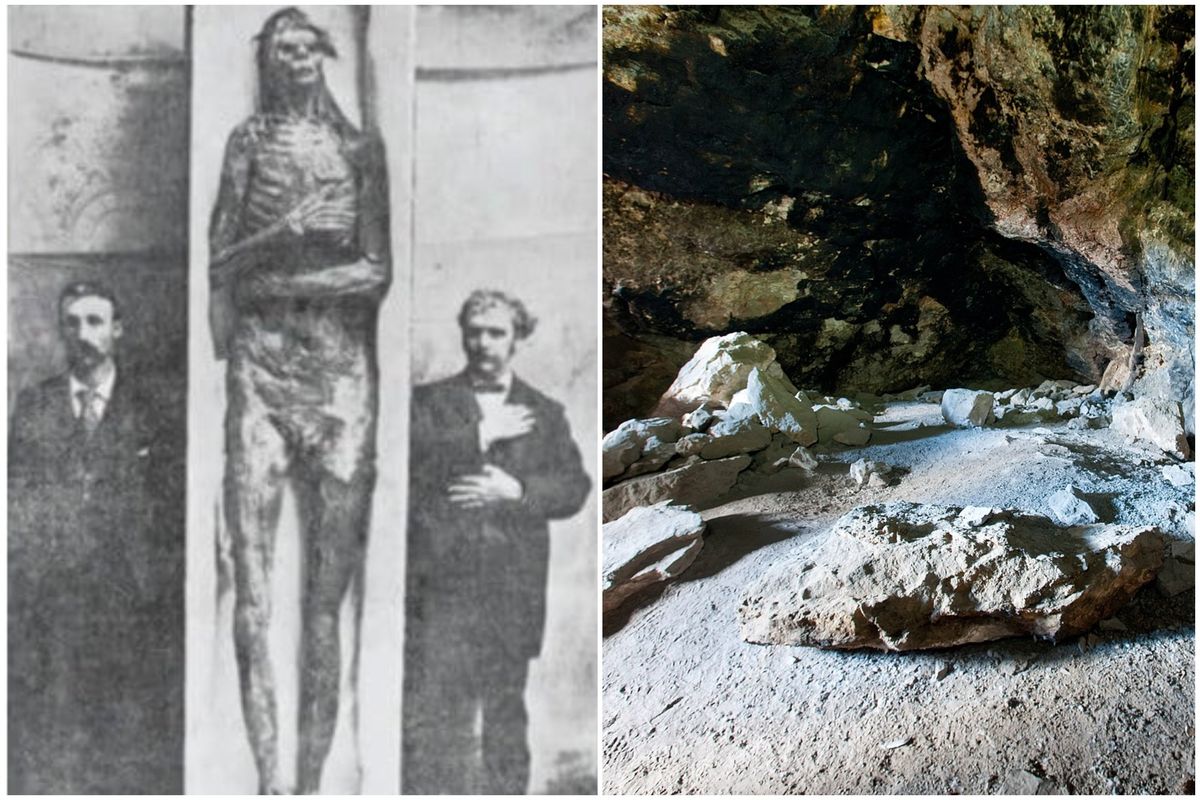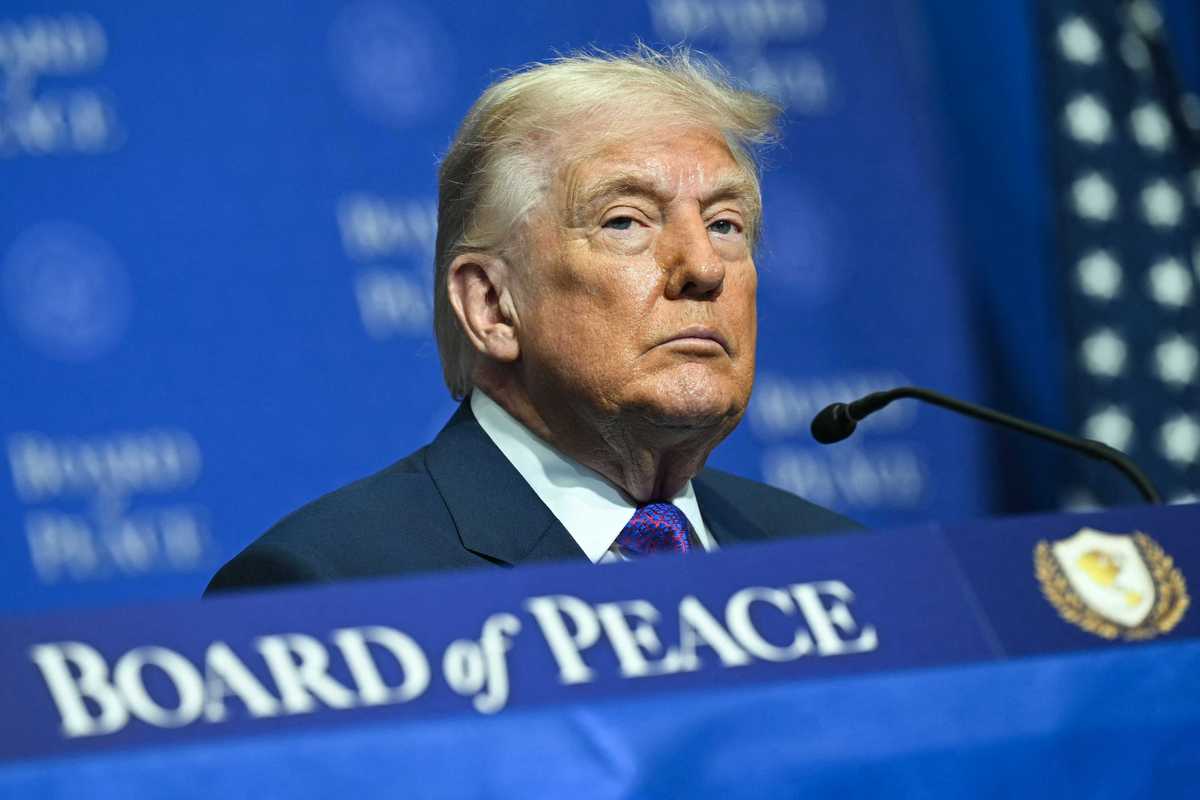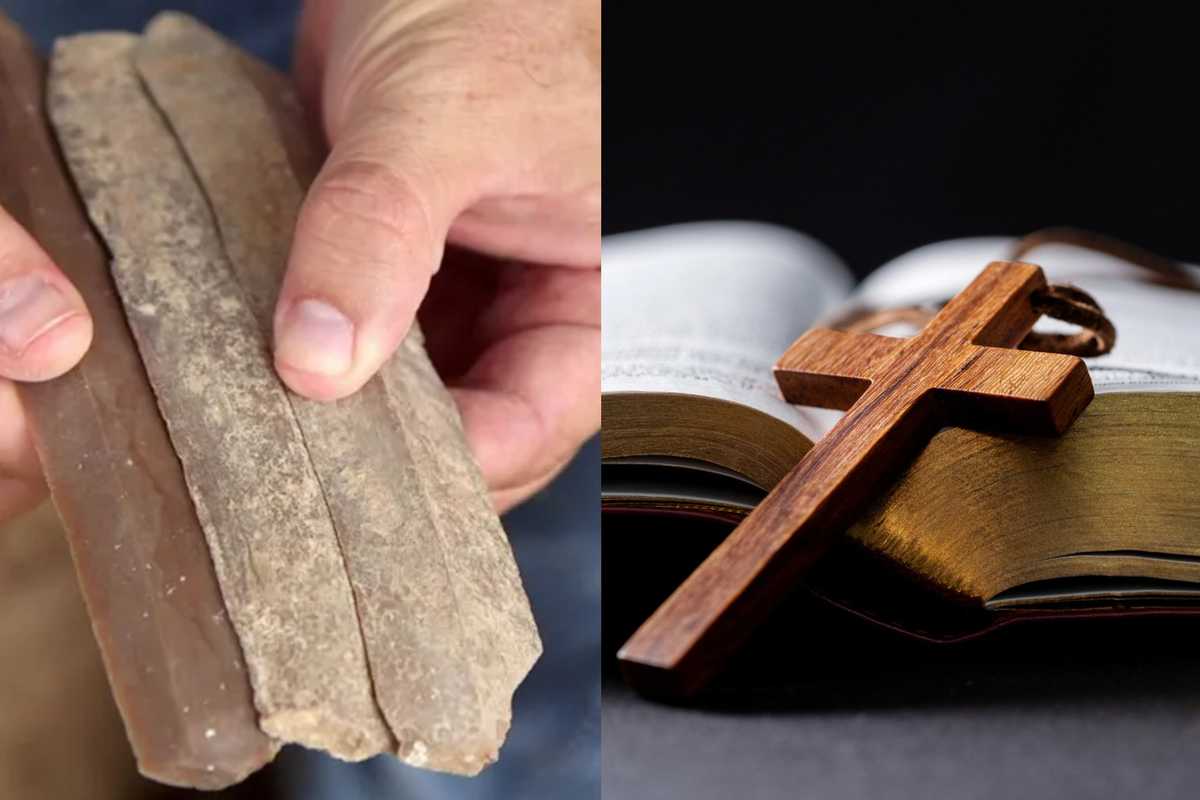News
Evan Bartlett
Oct 28, 2015
The government announced an urgent review into the powers of the House of Lords after narrowly avoiding a second embarrassing defeat within the space of 24 hours on Tuesday night.
George Osborne said the Lords votes on tax credit cuts on Monday had raised "constitutional issues" which he would seek to resolve.
He told the Commons: "Last night, unelected Labour and Liberal peers voted down the financial measure on tax credits approved by this elected House."
The Chancellor has been left red-faced after his proposed cuts on tax credits, which were set to affect 3.3 million of the worst off families in the country, were rejected by peers.
But as the Independent's political sketch writer Donald Macintyre wrote on Wednesday morning, perhaps the Chancellor and his Conservative colleagues only have themselves to blame:
[The Chancellor] added: “My view is pretty clear – we should have an elected House of Lords – but of course that view has not prevailed.”
Since all this was the day’s Tory theme, it’s worth swiftly deconstructing. First the “unelected” peers who voted down his Christmas tax credit-cutting spree included crossbenchers.
Secondly, this progressive new dislike of an “unelected” upper house glosses over the facts: Conservative ministers agreed to Lords reform as a coalition sop to the Liberal Democrats and then pulled it after a Tory backbench revolt.
Under plans proposed by the Lib Dems, 80 per cent of the House of Lords would have been elected and the overall number of peers halved to 450. But David Cameron's party rejected the proposals in 2012, with Nick Clegg saying the Conservatives had not honoured their commitment.
More: Just George Osborne doing a robot impression during an interview about tax credit cuts
Top 100
The Conversation (0)













